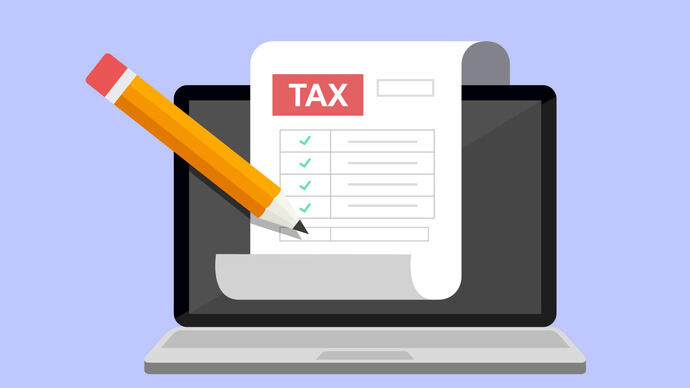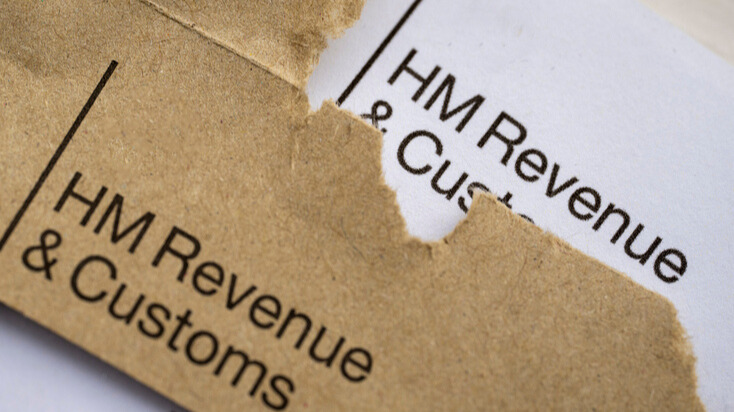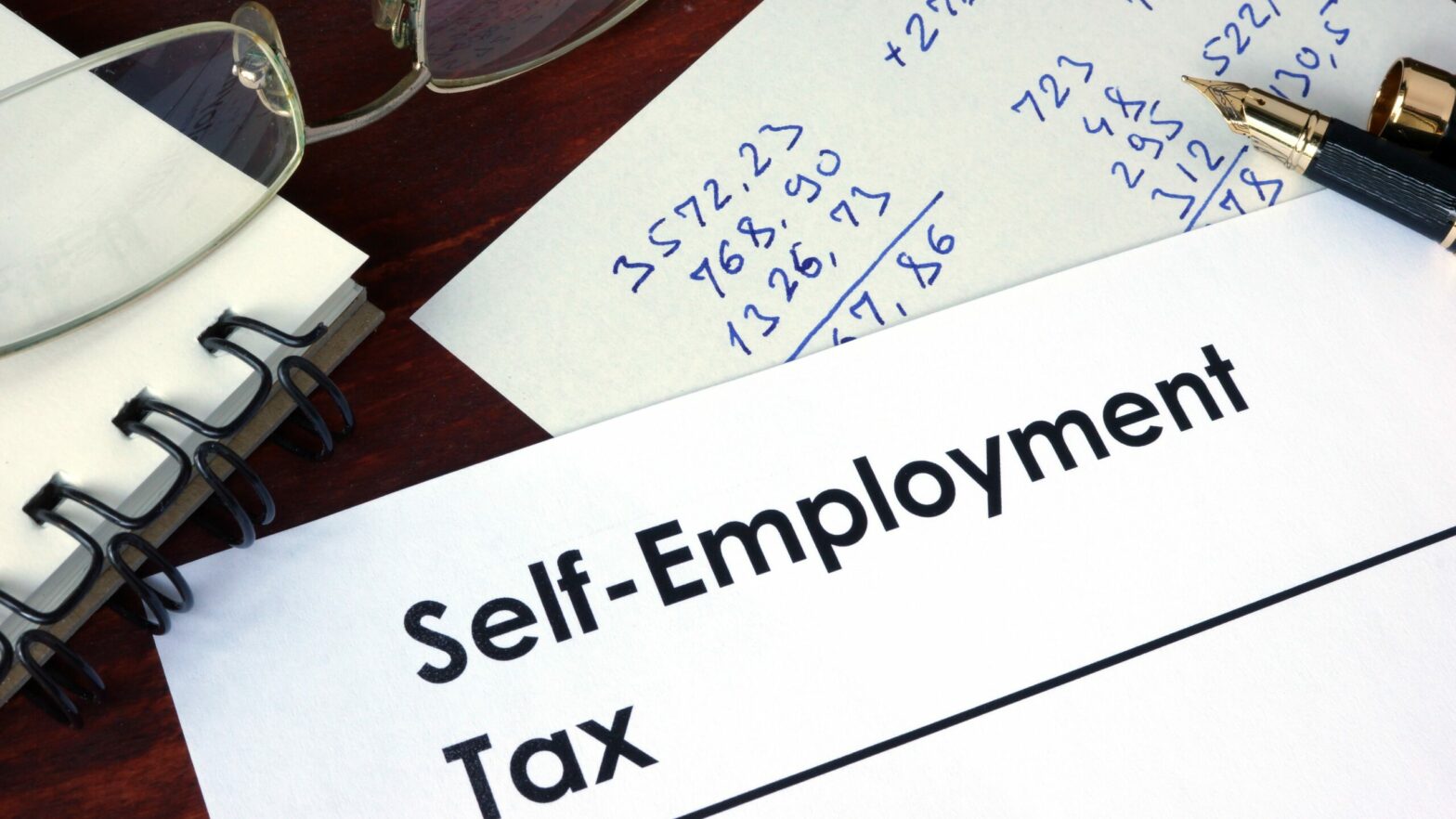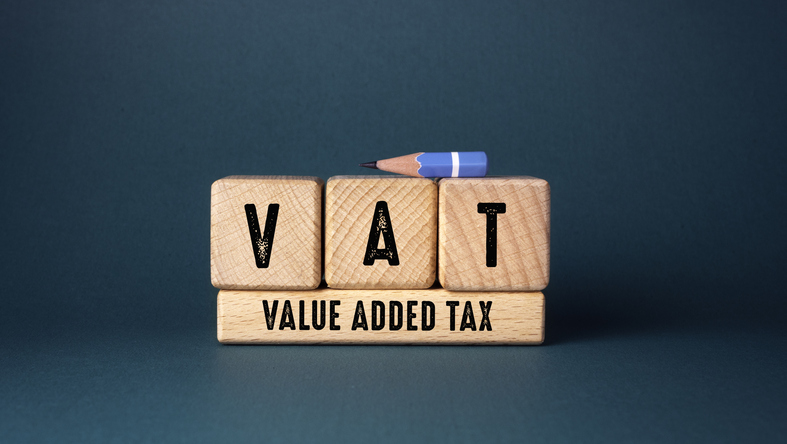HMRC tax investigations are not an experience the average business owner wants to endure.
HMRC tax investigations are expensive, time-consuming and stressful, lasting 16 months on average and costing roughly £5,000 in accountancy fees. They are almost a nightmare scenario; often not because you’ve actually done something wrong, but simply because you’ll be forced to manage your side of the investigation.
Unfortunately, you cannot totally eliminate the threat of a tax investigation. HMRC does occasionally conduct audits at random, with no conceivable trigger other than your business’ name popping up in their RNG machine.
However, while you cannot guarantee that you will not be investigated, you can certainly take steps to minimise the possibility.
HMRC is famously cagey about the criteria of a tax investigation, but given the number of years they’ve been carried out and the amount of businesses investigated, we do know about a few red flags that can trigger a government audit.
Here are some of the common triggers associated with HMRC tax investigations, along with how you can reduce the chance of them occurring.
1. HMRC gets a tip-off
HMRC will never admit to this and it will always tread lightly upon getting such information, but it is largely accepted that a tip-off to dodgy tax practices can be the catalyst for an investigation.
So why would somebody tip off HMRC for a potential audit?
The most common aggravators are:
- Disgruntled employees or ex-partners who know of tax-dodging activities
- The existence of a cash-only policy at your business
- Living a lifestyle beyond your supposed means
The issue of living beyond your means might be tough to address. It would seem unjust to spend money to fit the idea of your income if you receive money from elsewhere, such as inheritance, investments or trust funds.
The others are fairly easy to address. The first is not to undertake any dodgy schemes. Simply put, anyone given the right motivation could tip off HMRC. It may be a tempting prospect, but the risks are not worth the pay-off.
As for the existence of a cash-only policy, in the modern day, using card transactions is not an expensive practice to introduce. It also removes that concern from suspicious patrons and the watchful eye of HMRC.
2. Regular mistakes on returns
A one-off mistake with your tax return is little to be concerned about. HMRC understands not everyone is a tax expert and makes certain allowances — depending on your ability to at least demonstrate you weren’t fiddling the books.
However, if you regularly make mistakes on your returns, submitting inaccurate figures or information year-on-year, HMRC will quickly grow suspicious.

Routine mistakes will cause investigators to start asking questions about whether these ‘mistakes’ are really as they appear.
Sometimes, blunders are just blunders, but if you are called up for a mistake on your tax return for more than two years in a row, you need to get in an accountant to help make sure things go smoothly — or fire your old accountant if it’s them making the mistakes!
3. Numbers fluctuate by large margins
Businesses rarely pull in the exact same figures year-on-year; that is a given. But, it is also rare that margins fluctuate massively, too.
Let’s say you had a very profitable year in 2015, making £800,000, yet in 2016 your business suddenly dropped to just £200,000.
There may be — and most likely is — a very reasonable explanation for this drop, but HMRC is going to notice.
The best way to avoid an investigation in this circumstance is to inform HMRC of exactly why your profits took such a giant hit. While filing your returns, you are given the opportunity to write notes about any of the information you are submitting.
Tell HMRC what has happened.
Were you sick? Have you had a child? Did you decide to cut back on your working hours? Did the local market take a massive tumble?
4. Years of unprofitability
So, you’ve been in business for years and somehow have yet to turn a profit. This isn’t an impossibility, especially if you have a lot of investment to carry you through.
However, if year after year you are handing HMRC a nice, fresh tax return that claims you don’t owe a penny of tax, investigators are going to wonder why and how you are still operating.
The answer is simple and exactly the same as the above. If you hope to avoid HMRC getting involved, inform them of the reasons behind your unprofitability.
5. Your figures are inconsistent with industry standards
For most industries, HMRC generally has a pretty good idea of what you should be earning.
It knows a local gardener is unlikely to be earning £1,000,000 a year and it knows a national accountancy firm is probably going to pull in more than £25,000.

So, if your figures vary from the industry standard wildly, eyebrows will be raised and HMRC tax investigations are unlikely to be far behind.
Avoiding this trigger isn’t easy if the circumstance affects you, but there is at least something you can do.
Establishing yourself as the right business type is the best step you can take to avoid being called up for inconsistencies compared to your industry. A limited company pulling in £10,000 is going to look more suspicious than a sole trader doing the same.
If you are a lone accountant, doing the occasional piece of contracted work, don’t establish yourself as a limited corporation, because you’ll be aligning yourself with the wrong crowd.
6. Directors earn less than employees
As you might have guessed by now, most triggers of HMRC tax investigations are something being out of place. Something not quite right. Business owners earning less than employees is one such piece of suspicious activity.
We’ve all heard of PR stunts where a big corporation boss takes a paltry salary and forwards all the benefits to their employees. These altruistic endeavours are great for big names, but in the world of small business, they’ll get you noticed for the wrong reasons.
A director taking less pay than employees, or even the same amount, appears to pulling profits out of the business through avoidance schemes. It won’t take HMRC long to clock onto this activity and start up a tax investigation to make sure the business owner is really the selfless person they appear to be.
The simple answer here is maintain the status quo. Businesses have hierarchies and those hierarchies are often determined by salary. If you want to avoid HMRC tax investigations, make sure you are earning more as a director than your employee working the front desk.
If you really want to pay your employees more than yourself, work out other methods of rewarding them, such as gifts or extra benefits.
7. Omission of income
HMRC isn’t just taking in your returns and investigating you. It’s dealing with millions of other businesses, too.
If your business involves working and engaging in transactions with other businesses, your fingerprints are all over their finances. This applies to banks and lenders on interest as well.
Many business owners are tempted to miss off payments here and there; to omit certain things from their tax returns. The chances are that it won’t get noticed on your return, but the more webs you weave with other businesses, the riskier this practice becomes.
If you fail to declare you were paid interest, for example, and it comes up during an investigation from the company which paid you said interest, HMRC is going to flag this.
They’ll then be forced to investigate the discrepancy.
Avoidance relies on keeping your returns honest, so that no discrepancies exist to flag.
“If your business involves working and engaging in transactions with other businesses, your fingerprints are all over their finances”
8. You do not have representation
Accountants have many uses, but one surprising thing an accountant can do for you is reduce your chances of being investigated, simply by representing your business.
Of course, having an accountant is no guarantee of honest business, but using an accredited service helps boost your trustworthiness in the eyes of HMRC.
A business owner managing their own accounts, especially when they run a large business, could potentially indicate one of two things:
- They don’t want third parties seeing their finances
- Mistakes are being made due to lack of knowledge and experience
To make sure neither of these are happening, HMRC may launch an investigation to discover how effective your self-management of the accounts actually is.
There is no secret to this solution. If you run a large and highly profitable business — the kind of business that really should have an accountant managing their finances — get an accountant to handle your finances.
This article was provided by Russell Smith of Russell Smith Chartered Accountants.





